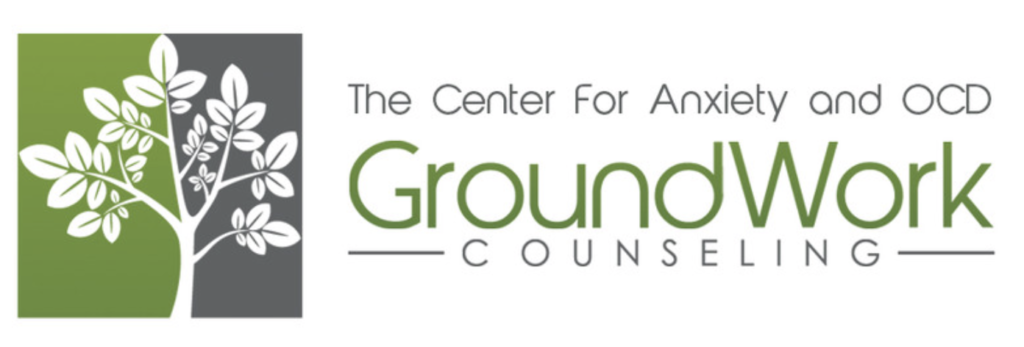The Common Misconception of OCD

OCD Awareness Week invites us all to become more aware and gain a greater understanding about Obsessive Compulsive Disorder. Most people think that OCD means being clean and neat and tidy and well organized. The general public and media tend to think of OCD as a “joke condition” and do not perceive it as the real illness that it is. Most people think of it as a personalty trait or some kind of quirky little habit that anyone might engage in from time to time.
We’ve all heard it: “I was so OCD yesterday when I cleaned my closet”, “Oh my gosh, you’re so OCD!” or “Don’t mind me, I’m just so OCD about this” as you’re cleaning the floor or organizing your closet. It is estimated that 176 million people around the world suffer from OCD and I can assure you, that to them OCD is no trivial thing. What people need to know is that OCD is a real disorder, a disorder that can be seriously debilitating, one that often makes the individual with OCD suffer greatly, it is not enjoyable.
 Yet the term OCD has come to mean anyone who is somewhat meticulous and fastidious about the way things are done or to label one’s little quirky behaviors. The term is bantered about lightly, in a joking way. It’s used in conversation as an adjective. “I’m soooo OCD about my apartment!”
Yet the term OCD has come to mean anyone who is somewhat meticulous and fastidious about the way things are done or to label one’s little quirky behaviors. The term is bantered about lightly, in a joking way. It’s used in conversation as an adjective. “I’m soooo OCD about my apartment!”
Certainly television and movie depictions of individuals with OCD are in part to blame for the stereotype of OCD as a silly fondness for cleanliness and organizations. On the tv show Monk, the eccentric lead character has OCD and he has the compulsions that everyone associates with OCD – he washes his hands a great deal and likes to keep things organized. In addition, his OCD is depicted as a type of superpower that helps him to solve crimes.
Celebrities and the media also make jokes about OCD:
- The reality star, Khloe Kardashian has a special segment on her video blog and app entitled “Khloe-CD’ in which she shows off her organization skills.
- Professional soccer player, David Beckham said he had OCD because he likes to keep the Diet Coke cans in his fridge neatly lined up.
- Tennis player Serena Williams claims she has OCD because she is obsessed with her nails and has to do them daily.
- A quiz on Facebook that was popular just recently was called “How OCD Are You?” and invited us to click on things that were out of order or looked germy and rated us on our degree of “OCD-ness.”
- Target made light of OCD with a Christmas sweater with the slogan “OCD: Obsessive Christmas Disorder”.
- Actress Jennifer Lawrence, when discussing another actor’s actual OCD on the Jay Lenno Show called OCD a “cute quirk” and said, “That’s so cool. I wish I had a weird quirk like that”.
While people’s comments, television and the media all too often refer to organizing, cleaning and washing behaviors as “so OCD”, OCD is actually a vastly complex disorder that manifests in many different ways from having terrible, intrusive thoughts, worrying about sacrilege and blasphemy, and feeling overly responsible to praying, repeating and redoing things excessively, touching, tapping, counting and more. The fact is that OCD can be a severely debilitating condition and it is considered to be one of the top ten most disabling illnesses in terms of its negative impact on a person’s quality of life.
So the next time someone says, “I’m so OCD”, remind them that OCD is about a lot more than just color coordinating your closet or making sure that the picture is hanging straight. OCD is not something you are. OCD is something you have, and OCD is not a laughing matter. It’s not quirky or cute. People generally don’t make jokes about autism or having cancer, yet trivializing OCD, making it seem like it’s funny or superficial, seems to be acceptable. It is not.
Speak With An Orlando OCD Therapist
407-378-3000





